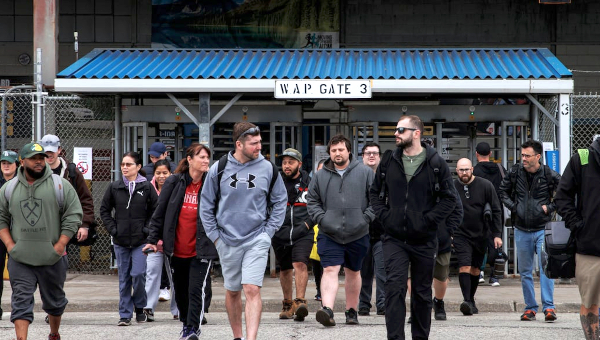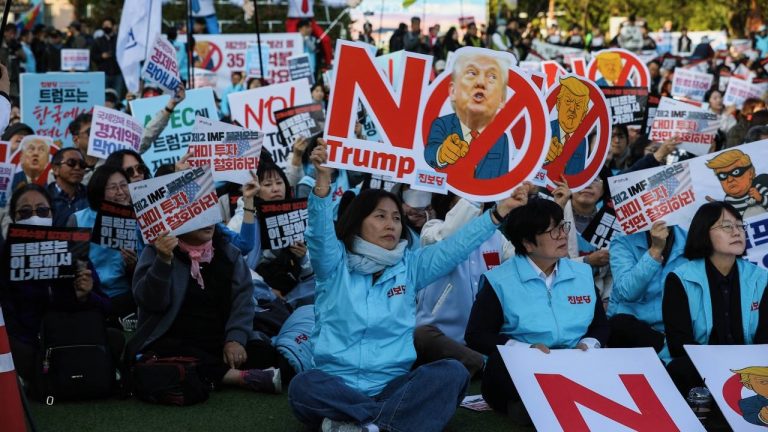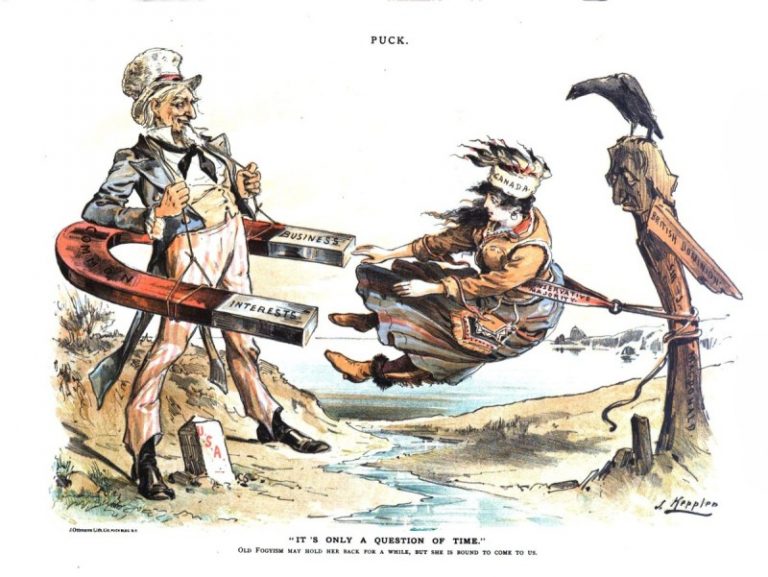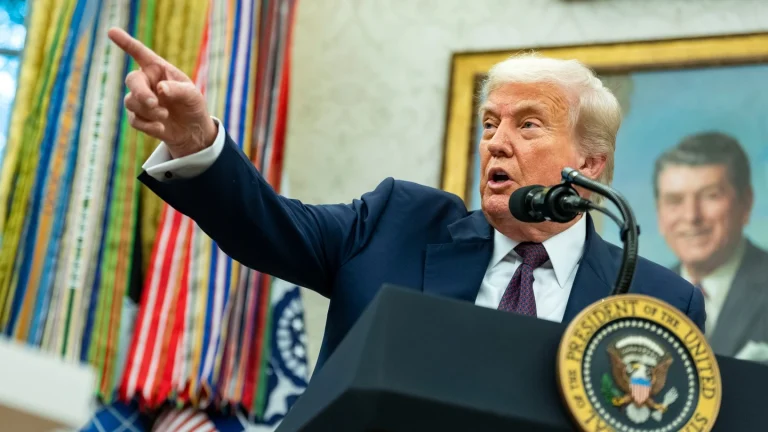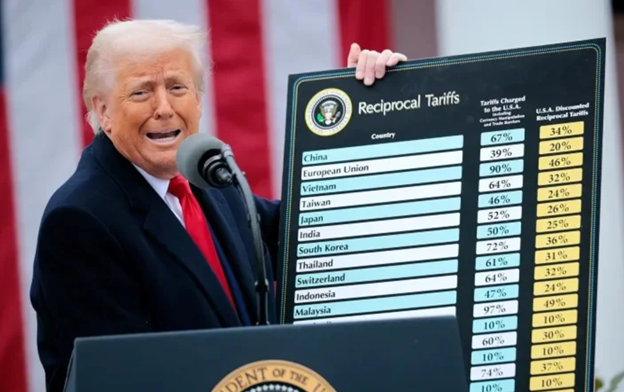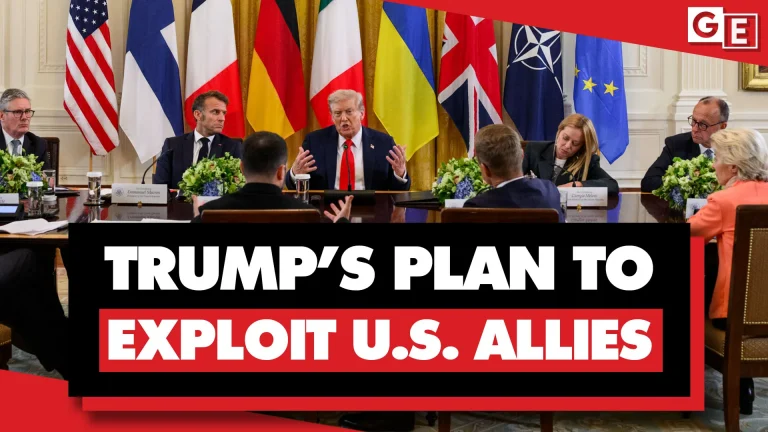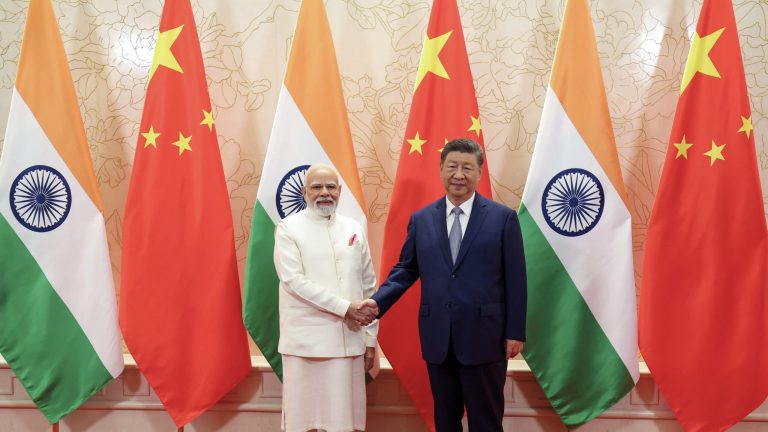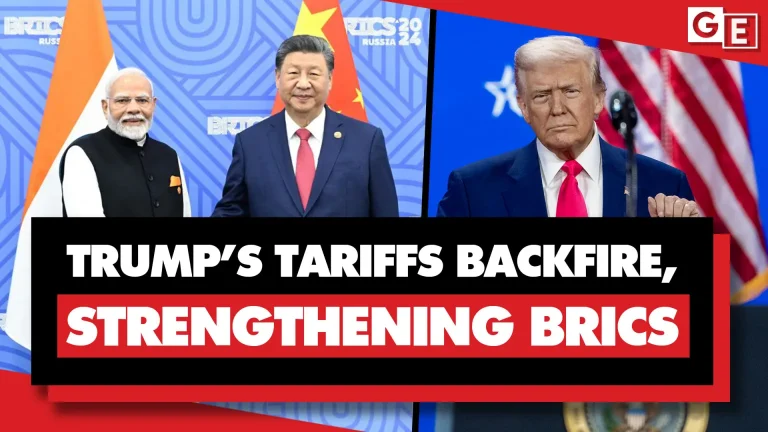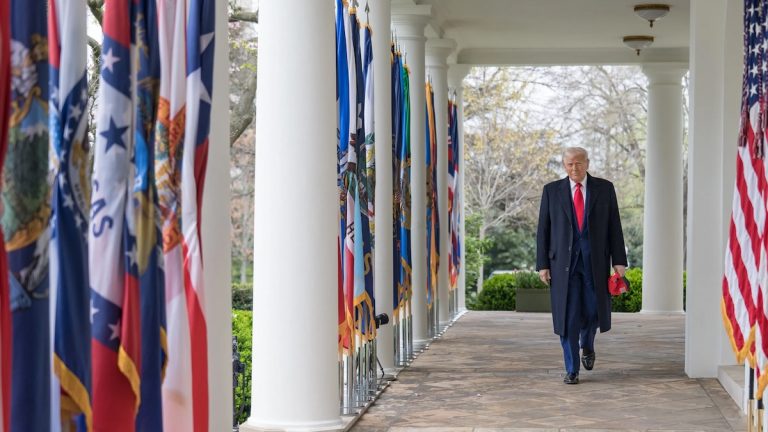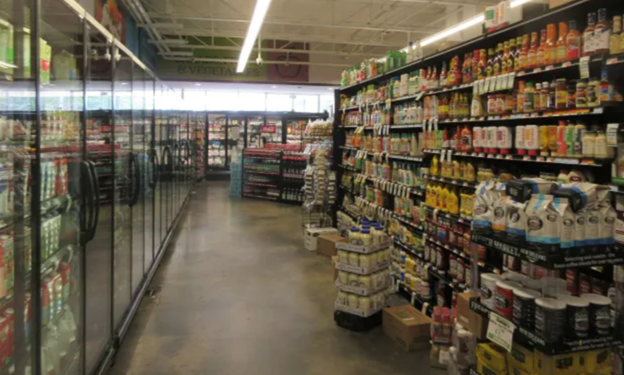This Year In Labour: Workers Fight Back Despite Instability And Hardship
For workers and their families in Canada, the year has been rough. About one in five Canadians experience high financial pressure, according to data collected by the Angus Reid Institute. This financial pressure is driven by relatively high job insecurity, difficulty putting food on the table and higher debt levels. Many of these families are bracing for even more financial hardship in the new year, with 60 per cent expecting an increased level of difficulty in 2026.
Thousands of Canadians are losing their jobs amid U.S. president Donald Trump’s tariffs and Prime Minister Mark Carney’s cuts to the public service.


